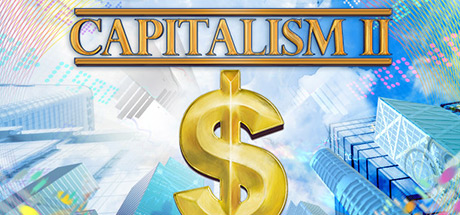

Yet it has also moved the country toward a peculiar kind of financial oligarchy, one that might not be good for the economy as a whole. This financial revolution has been unquestionably good for the people lucky enough to have money to invest: They’ve gotten better returns for lower fees, as index funds shunt billions of dollars away from financial middlemen and toward regular families. The Harvard Law professor John Coates has argued that in the near future, just 12 management professionals-meaning a dozen people, not a dozen management committees or firms, mind you-will likely have “ practical power over the majority of U.S. Although many financial institutions offer index funds to their clients, the Big Three control 80 or 90 percent of the market. Indexing has also gone small, very small. Index funds now control 20 to 30 percent of the American equities market, if not more. For many, the big indexers control 20 percent or more of their shares.

For nine in 10 companies on the S&P 500, their largest single shareholder is one of the Big Three. And as of 2019, more money is invested in passive funds than in active funds in the United States. Some $11 trillion is now invested in index funds, up from $2 trillion a decade ago. But as of 2016, investors worldwide were pulling more than $300 billion a year out of actively managed funds and pushing more than $500 billion a year into index funds. At first, Wall Street was skeptical that investors would accept making what the market made rather than betting on a market-beating return. Thanks to their ultralow fees and stellar long-term performance, these investment vehicles have soaked up more and more money since being developed by Vanguard’s Jack Bogle in the 1970s. Index funds mirror the market, in other words, rather than trying to pick winners and losers within it.Īnnie Lowrey: Don’t bet on a quick recovery They generally buy and sell stocks when those stocks enter or exit indices, such as the S&P 500, and size their holdings according to metrics such as market value. These funds are “passively managed,” in investor-speak. Nobody’s hedging Europe and plowing money into Vietnam. Nobody’s making a bet on shorting Tesla or going long on Apple. With index funds, nobody’s behind the scenes, dumping bad investments and selecting good ones. It means pushing money into an index fund, as offered by financial giants such as Vanguard, BlackRock, and State Street, otherwise known as the Big Three.

For millions of Americans, getting into the market no longer means picking stocks or hiring a portfolio manager to pick them for you.

Yet economists, policy makers, and investors are worried that American markets have become inert-the product of a decades-long trend, not a months-long one. The markets are swooning and hitting new highs as kitchen-table investing-laptop-on-the-couch investing, really-is having a heyday not seen since the late 1990s. Plenty of bored people are reading market rumors on the internet, pumping and dumping penny stocks, riding GameStop to the moon, and bidding up the price of esoteric currencies and digital artworks. Plenty of cash is sloshing around, the pandemic recession notwithstanding, thanks to loose monetary policy, rampant inequality, crypto-speculation, and helicopter drops of cash.


 0 kommentar(er)
0 kommentar(er)
